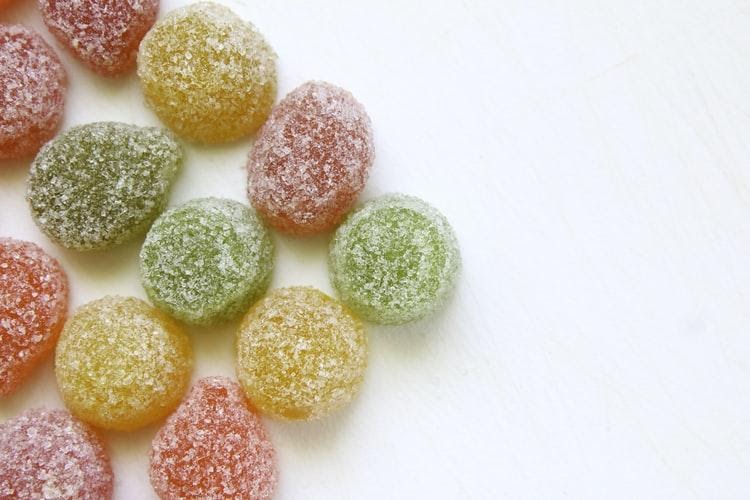In recent years, there has been growing interest in alternative cannabinoids beyond the well-known Delta-9 tetrahydrocannabinol (THC). One such cannabinoid gaining attention is Hexahydrocannabinol (HHC). Understanding the chemical structure and properties of hhc vs delta 9 provides insight into their potential effects and differences.
- Chemical Structure:
Delta-9 THC (Δ9-THC):
Delta-9 THC is the primary psychoactive compound found in cannabis. Its chemical structure consists of a pentyl side chain (denoted as ‘R’ in chemical nomenclature) attached to a dibenzopyran ring system. This structure contains a resorcinol moiety (a phenolic compound) and a pyran ring (a six-membered ring containing oxygen).
Hexahydrocannabinol (HHC):
Hexahydrocannabinol, on the other hand, shares a similar core structure to Delta-9 THC but with a notable difference. HHC lacks the double bond between carbon atoms in the cyclohexene ring, which is present in Delta-9 THC. This difference in the double bond configuration alters the overall chemical properties and potential effects of HHC.
- Psychoactive Potential:
Delta-9 THC (Δ9-THC):
Delta-9 THC is well-known for its psychoactive effects, primarily mediated through its interaction with cannabinoid receptors in the brain and nervous system. It binds primarily to CB1 receptors, leading to the characteristic euphoria, relaxation, and altered perception associated with cannabis consumption.
Hexahydrocannabinol (HHC):
HHC is reported to have psychoactive effects similar to Delta-9 THC, albeit with potentially milder intensity. While research on HHC is limited compared to Delta-9 THC, anecdotal evidence suggests that it may produce euphoria, relaxation, and other psychoactive effects typical of cannabinoids.

- Legal Status and Regulation:
Delta-9 THC (Δ9-THC):
Delta-9 THC is classified as a controlled substance in many jurisdictions due to its psychoactive properties. Its legality varies depending on local laws and regulations, with recreational and medical cannabis programs often permitting certain levels of Delta-9 THC.
Hexahydrocannabinol (HHC):
The legal status of HHC is less clear, as it is a lesser-known cannabinoid and may not be explicitly regulated in existing cannabis laws. However, its psychoactive potential may subject it to similar regulations as Delta-9 THC in regions where cannabis is restricted.
- Pharmacological Activity:
Delta-9 THC (Δ9-THC):
Delta-9 THC exhibits a range of pharmacological activities beyond its psychoactive effects, including analgesic (pain-relieving), anti-inflammatory, antiemetic (anti-nausea), and appetite-stimulating properties. These therapeutic effects have led to the development of medical cannabis treatments for various conditions.
Hexahydrocannabinol (HHC):
Research on the pharmacological activity of HHC is limited compared to Delta-9 THC. While it may share some therapeutic properties with Delta-9 THC, further studies are needed to elucidate its potential benefits and mechanisms of action.
Conclusion:
Hexahydrocannabinol hhc vs delta 9 represent two distinct cannabinoids with similar chemical structures but differing in their psychoactive potential, legal status, and pharmacological activity. While Delta-9 THC is well-known for its potent psychoactive effects and therapeutic properties, HHC offers an intriguing alternative with potential therapeutic benefits yet to be fully explored. Further research into HHC is necessary to understand its effects and potential applications in medicine and wellness.
